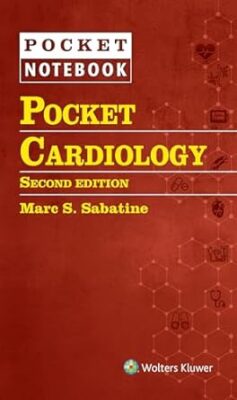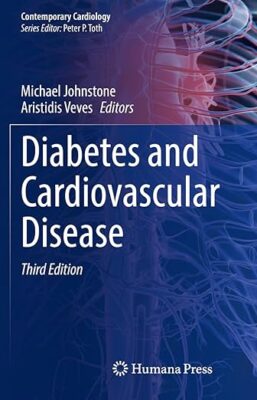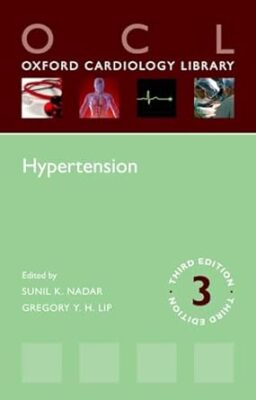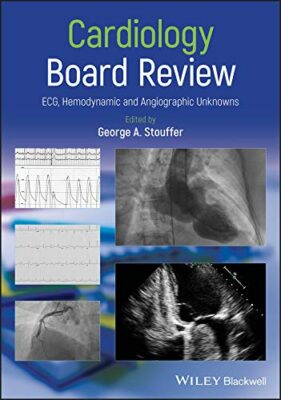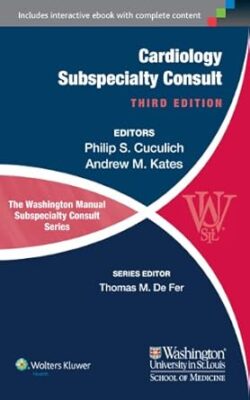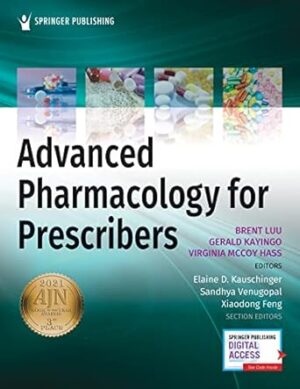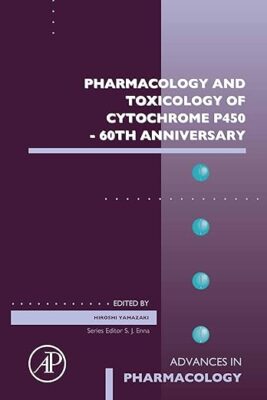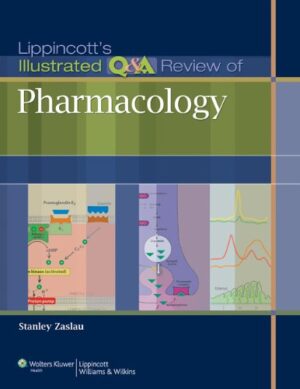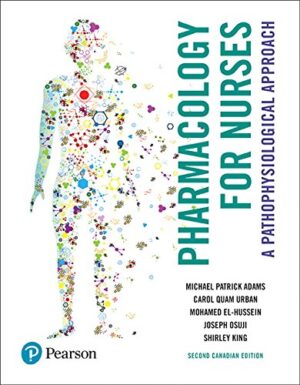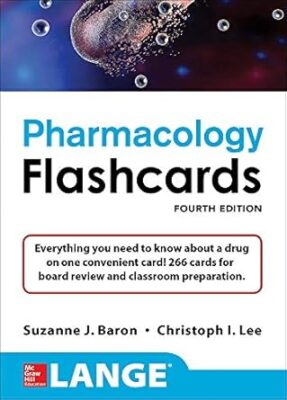Pocket Cardiology (Pocket Notebook) Second Edition
Selected as a Doody’s Core Title for 2022 and 2023!
Written and edited by Dr. Marc S. Sabatine and a team of cardiologists from Brigham and Women’s Hospital and Harvard Medical School, the new second edition of Pocket Cardiology has been greatly expanded to be made even more indispensable for everyday use. Part of the highly popular and respected Pocket Notebook series, this essential guide puts vital clinical information about a broad range of issues in cardiovascular medicine at your fingertips in seconds.
- Contains expanded and fully updated core clinical topics on cardiovascular evaluation tools, preventative cardiology, coronary disease, heart failure, critical care, valvular heard disease, pericardial heart disease, vascular disease, arrhythmias, and adult congenital heart disease in the familiar concise format, with bulleted lists, tables, and algorithms for quick reference.
- Features a new, more durable binding in the classic
- Includes new contributions from the fields of cardiovascular critical care, interventional cardiology, cardiac imaging, and adult congenital heart disease.
- Includes useful illustrations of echocardiography, cardiac nuclear imaging, and coronary angiography, as well as EKG tracings.
- Contains current, evidence-based clinical recommendations, supported by key references to the most recent practice guidelines, high-tier reviews, and important clinical trials.
- An invaluable tool for cardiovascular physicians and fellows, medical residents, and others who are interested in cardiology.









